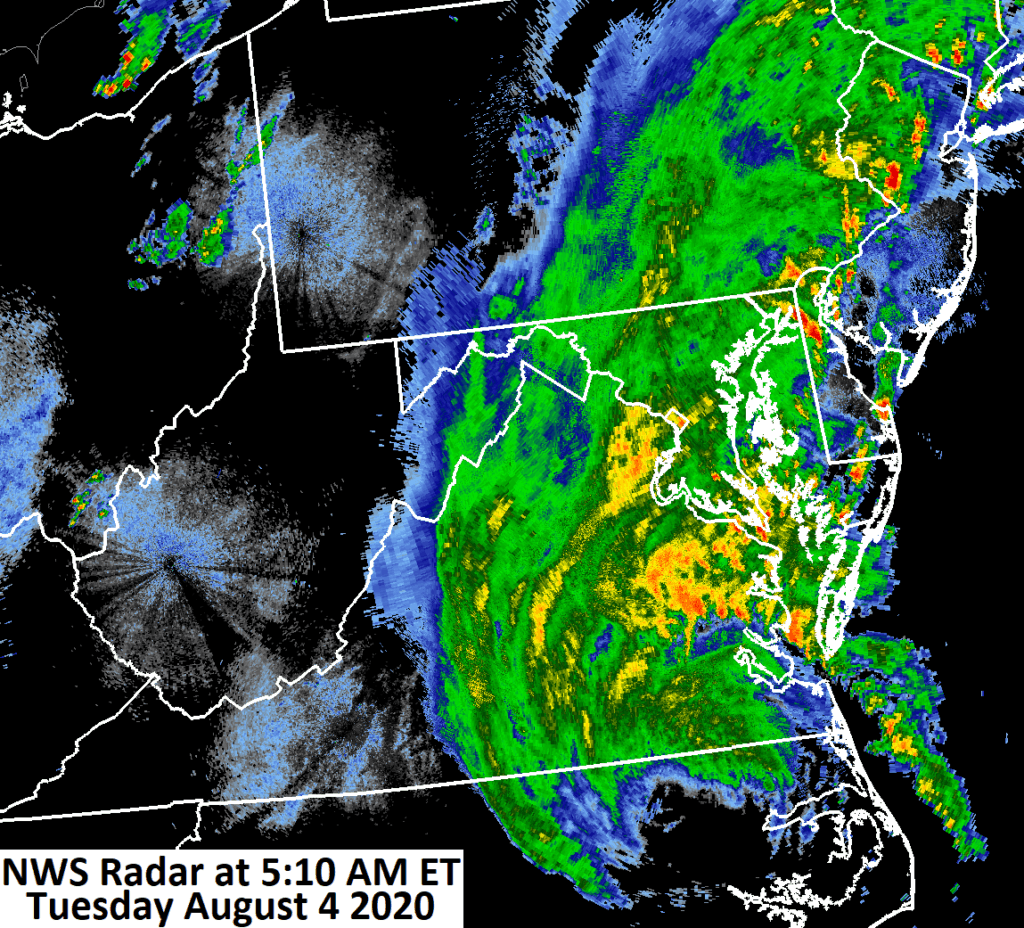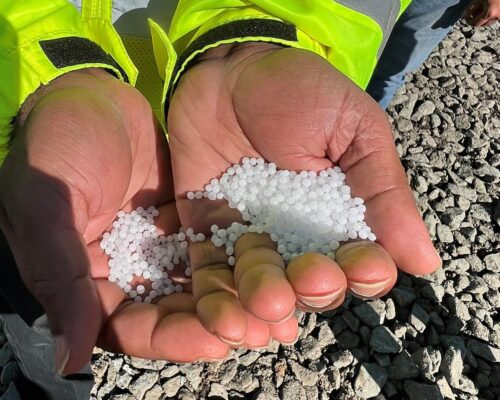On the heels of Tropical Storm Isaias, NOAA’s Climate Prediction Center says this Atlantic hurricane season could be one of the busiest since their forecasting began.
The Atlantic Hurricane Season Outlook released in May predicted an above-average 2020 season, one with 13 to 19 named storms. In the August update to the outlook, NOAA says conditions are primed to fuel storm development, leading to an 85% chance we’ll see an “extremely active” season of 19 to 25 named storms.
Already the 2020 season has set a record with nine named storms so far (historically, only about two named storms form by this point in the season).
“This is one of the most active seasonal forecasts that NOAA has produced in its 22-year history of hurricane outlooks,” said U.S. Secretary of Commerce Wilbur Ross. “We encourage all Americans to do their part by getting prepared, remaining vigilant, and being ready to take action when necessary.”
Of the 19 to 25 named storms predicted, NOAA calls for seven to 11 of them to become hurricanes, including three to six major hurricanes with winds of 111 miles per hour or greater.
“This year, we expect more, stronger, and longer-lived storms than average, and our predicted ACE range extends well above NOAA’s threshold for an extremely active season,” said Gerry Bell, Ph.D., lead seasonal hurricane forecaster at NOAA’s Climate Prediction Center.
The current oceanic and atmospheric conditions (warm sea surface, reduced vertical wind shear, weaker trade winds, and an enhanced west African monsoon) are expected to continue for the next several months.
The six-month Atlantic hurricane season goes until November 30. It’s important to note that NOAA’s outlook is for storms that form, not those that make landfall. Landfalls are largely determined by short-term weather patterns, which are only predictable about a week before a storm’s potential arrival at the coast.
FEMA encourages people preparing for hurricanes to keep the COVID-19 pandemic in mind when preparing for storms. See more at https://www.ready.gov/hurricanes.
-Meg Walburn Viviano




